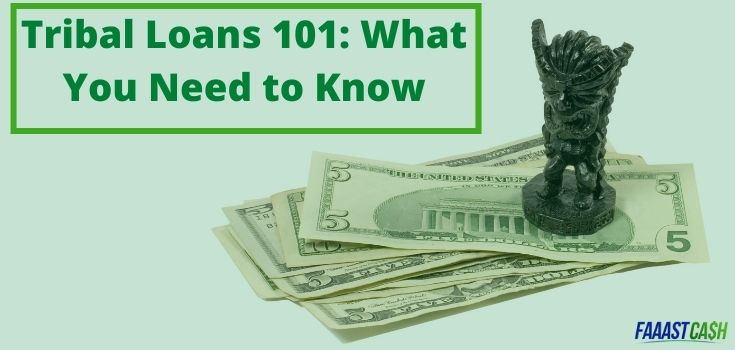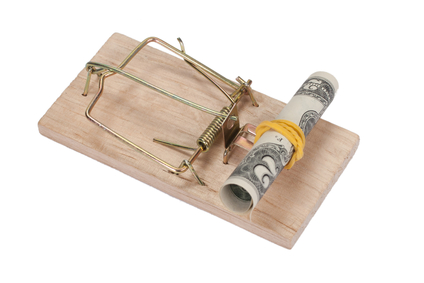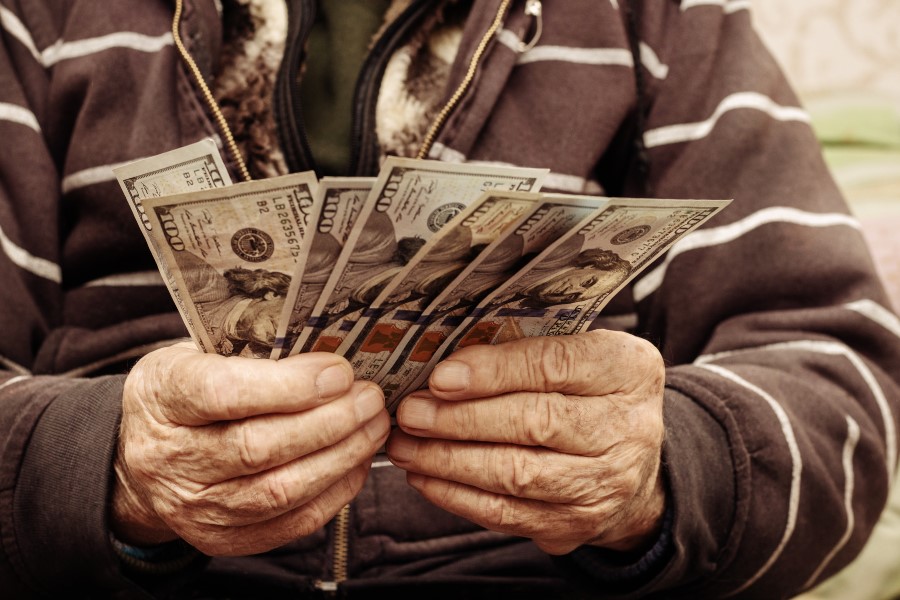Cash-Strapped? Beware the Tribal Loan Trap!
Cash-Strapped? Beware the Tribal Loan Trap!

You’re broke, bills are piling up, and payday is still a week away. You’ve heard about payday loans, but your credit’s not great. Then you stumble upon an online ad: "Tribal Loans: Get the Cash You Need, No Credit Check!" Sounds too good to be true, right? Well, it might be.
Tribal payday loans are a growing trend, but they’re shrouded in controversy and often come with hidden risks. These loans, marketed by lenders claiming tribal affiliation, can seem like a lifeline for desperate borrowers. But don’t be fooled by the marketing hype. Let’s delve into the murky world of tribal payday loans and uncover the truth behind their alluring promises.
Related Articles: Cash-Strapped? Beware the Tribal Loan Trap!
- Tribal Loans Vs Pawn Shop LoansTitle
- Cash-Strapped? Tribal Lenders: Friend Or Foe?
- Cash In A Pinch? Indian Tribe Online Loans Might Be Your Answer
- Easiest Tribal Loans To GetTitle
- Caught Off Guard? Tribal Loans Can Help You Weather Unexpected Expenses
What are Tribal Payday Loans?
Tribal payday loans are short-term, high-interest loans offered by lenders claiming to be owned or operated by Native American tribes. The lenders often cite tribal sovereignty as a way to circumvent state usury laws, which limit the interest rates lenders can charge. These loans are usually marketed online and often target people with poor credit or limited access to traditional loans.
Why Do They Exist?
The rise of tribal payday loans stems from a legal loophole. Tribal sovereign immunity, a legal doctrine that protects tribal governments from certain types of lawsuits, has been used by some lenders to argue they are exempt from state regulations. This means they can operate in states where payday lending is heavily restricted or banned, offering high-interest loans with little oversight.
The Allure of Convenience
These loans are often touted as a quick and easy way to access cash. The online application process is typically streamlined, and borrowers can often get funds deposited into their bank accounts within a few hours. This speed and convenience can be tempting, especially for people in dire financial situations.
The Price of Convenience: The High Cost of Tribal Payday Loans
While tribal payday loans may seem like a quick fix, they come with a hefty price tag. Here’s the catch:

- Sky-High Interest Rates: Tribal payday loans often have interest rates that far exceed those of traditional loans. Annual Percentage Rates (APRs) can range from 300% to 700% or even higher, making them incredibly expensive to repay.
- Hidden Fees: Many tribal payday lenders charge a variety of fees, such as origination fees, late payment fees, and even fees for simply checking your account balance. These fees can quickly add up, making the total cost of the loan far higher than the initial amount borrowed.
- Debt Traps: The high interest rates and fees can create a cycle of debt that’s hard to escape. When borrowers struggle to make payments, they may find themselves taking out additional loans to cover the previous loan’s costs, leading to a snowball effect of debt.

Beyond the Financial Risks: The Legal Gray Area
The legal status of tribal payday loans is murky, and the industry is rife with complaints and lawsuits. Here’s why:
- Unclear Regulation: The lack of clear federal regulation surrounding tribal payday lending has led to a patchwork of state laws and inconsistent enforcement. This uncertainty makes it difficult for borrowers to know their rights and for lenders to operate within clear legal boundaries.
- Consumer Complaints: There are numerous reports of predatory lending practices by tribal payday lenders. Borrowers have complained about deceptive marketing tactics, aggressive collection practices, and difficulty in understanding the terms of their loans.
- Legal Challenges: Many states have attempted to regulate or ban tribal payday lending, but lenders have often challenged these laws in court, citing tribal sovereignty. The legal battles over tribal payday lending are ongoing, leaving borrowers in a state of uncertainty.

Alternatives to Tribal Payday Loans
If you’re facing a financial emergency, there are alternatives to tribal payday loans that can be more affordable and less risky:
- Credit Unions: Many credit unions offer small loans with lower interest rates and more flexible repayment terms than payday loans.
- Community Organizations: Non-profit organizations and local charities may offer financial assistance programs or resources to help you get back on your feet.
- Family and Friends: If possible, consider asking family or friends for a loan. This can be a more affordable and less stressful option than taking out a high-interest loan.
- Budgeting and Financial Counseling: Developing a budget and seeking financial counseling can help you manage your finances and avoid the need for expensive loans in the future.
Protecting Yourself from Tribal Payday Loan Scams
Here are some tips to avoid falling prey to predatory tribal payday lenders:
- Do Your Research: Before taking out any loan, research the lender and the terms of the loan carefully. Check for reviews, complaints, and licensing information.
- Read the Fine Print: Don’t just skim the loan agreement. Read the entire document carefully, including the interest rates, fees, and repayment terms.
- Be Wary of "No Credit Check" Offers: If a lender claims to offer loans with no credit check, it’s a red flag. These lenders often have high interest rates and may not be reputable.
- Know Your Rights: Understand your rights as a borrower under state and federal laws. If you feel you’ve been treated unfairly, report the lender to the appropriate authorities.
FAQ about Tribal Payday Loan Risks
Q: Are tribal payday loans legal?
A: The legal status of tribal payday loans is complex and contested. While lenders often cite tribal sovereignty to avoid state regulations, many states have attempted to regulate or ban these loans.
Q: How can I tell if a loan is a tribal payday loan?
A: Look for clues like the lender’s website mentioning tribal affiliation, an address on tribal land, or a statement about being exempt from state usury laws.
Q: What should I do if I’m struggling to repay a tribal payday loan?
A: Contact the lender and try to negotiate a payment plan. You may also want to consider contacting a consumer protection agency or a legal aid organization for help.
Q: Are tribal payday loans always a bad idea?
A: In general, tribal payday loans are a risky proposition due to their high interest rates and potential for predatory practices. However, if you’re in a true financial emergency and have no other options, it’s crucial to carefully research the lender and understand the terms of the loan before borrowing.
Conclusion
Tribal payday loans may seem like a quick fix for a cash crunch, but they often come with hidden costs and potential legal risks. Before considering a tribal payday loan, explore all other options, including credit unions, community organizations, and financial counseling. Remember, the best way to avoid the pitfalls of high-interest loans is to manage your finances responsibly and avoid unnecessary debt. Be smart, be cautious, and don’t let a quick fix turn into a long-term financial burden.

Closure
Thus, we hope this article has provided valuable insights into Cash-Strapped? Beware the Tribal Loan Trap!. We appreciate your attention to our article. See you in our next article!

